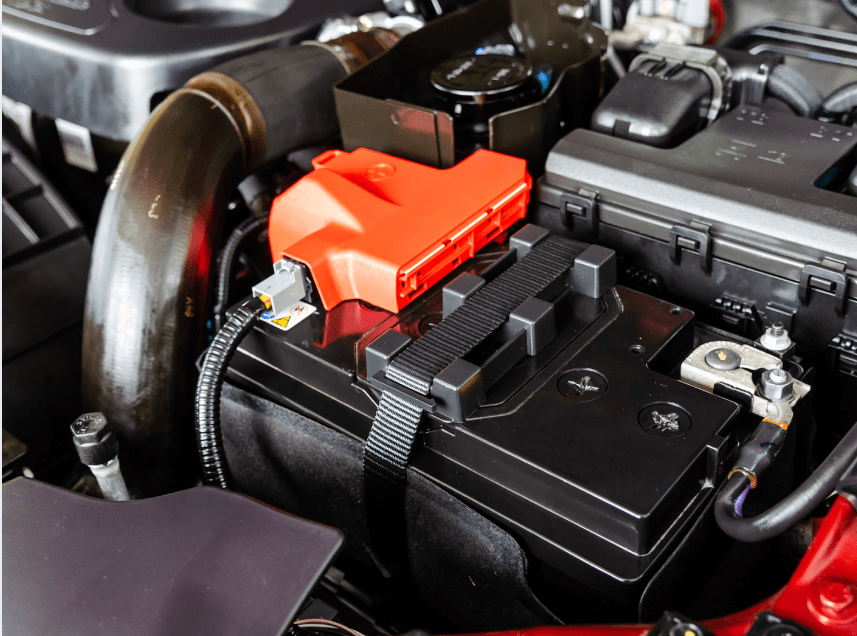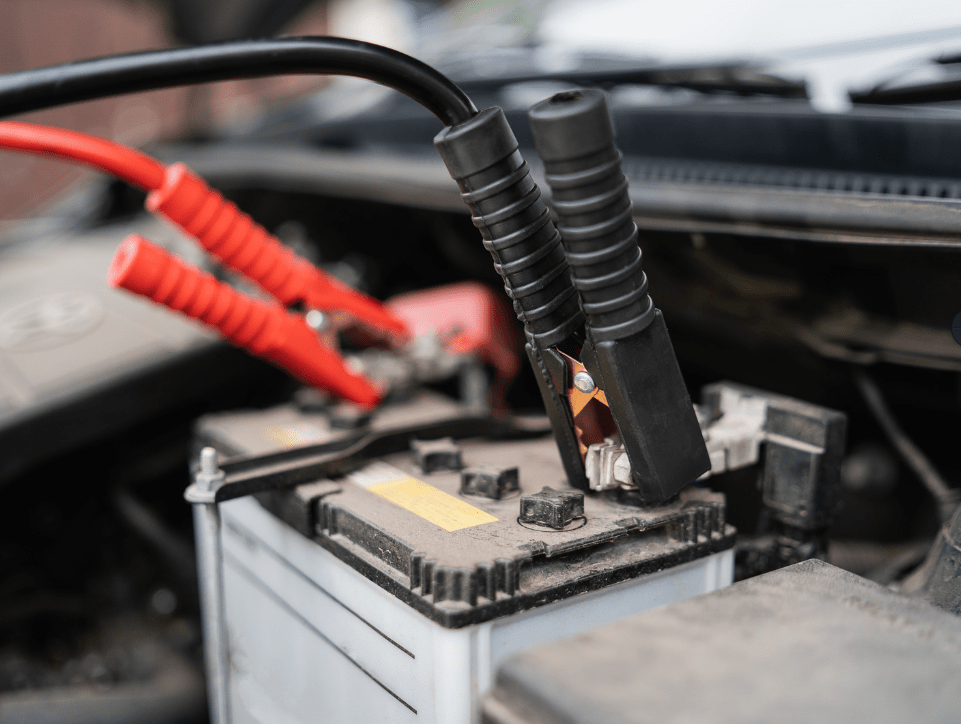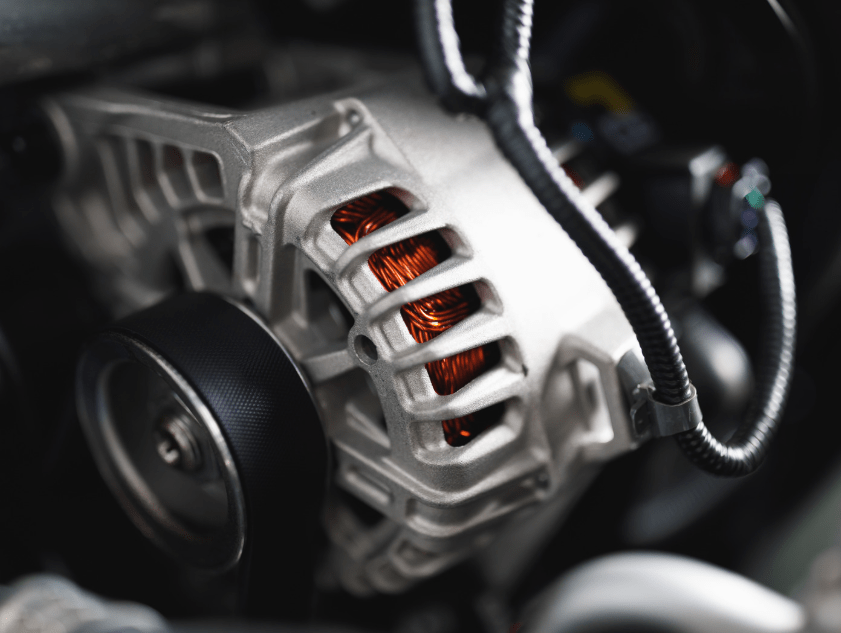Car Battery Replacement Warranty Considerations for Peace of Mind
In car ownership, a dead battery is so annoying as it leaves you stuck and frantic for replacement. One important thing to think about while you’re navigating the battery replacement procedure for your car is warranty coverage. Your earnings properly spent on a new battery will be protected and given the piece of mind if you get a well-written warranty. Let’s discuss different kinds of warranties.
Different kinds of Batteries’ Warranties
Below are the types of warranties. You may choose a new battery with knowledge of the variations between these kinds.
Absolutely Free Replacement Warranty:
One of the broadest categories of battery warranties is the free replacement guarantee. In the event that a battery fails within the allotted warranty time because of a material or manufacturing problem, the manufacturer or vendor will replace the battery completely at no extra charge to the customer.
Pro Rata Guarantee:
When a battery fails or malfunctions, a pro-rata warranty offers a reduction on the going rate for a new battery, instead of a free replacement guarantee.
Customers do not get a brand-new replacement battery under this kind of warranty. Rather, users get a price break based on the battery’s age and usage.
Composite Warranty:
A composite warranty is one offered by certain battery manufacturers that combines pro-rata and free replacement guarantees. Usually, this kind of guarantee offers a pro-rata time after a free replacement.
A battery warranty may, for instance, provide pro-rata coverage for an extra 12 months after the first 12 months of free replacement coverage.
Tips for Determining Battery Warranties
You should compare battery warranties taking into account a number of things:
- Warranty Duration: Seek a warranty that covers you for a time frame that corresponds to the battery’s lifetime and your anticipated use.
- Warranty Coverage: Learn the particulars of the warranty, including its exclusions and limits as well as its coverage (e.g., flaws, early failure).
- Transferability of Warranties: Should you want to sell your car, certain warranties may be transferred to new owners.
- Warranty Enforcement: Make sure a network of authorised service facilities or merchants can be used to quickly enforce the warranty.

Guidelines and Useful Tips to ensure Successful Warranty Claim
Ensuring a successful warranty claim for your battery requires adhering to the manufacturer’s or vendor’s particular instructions. Following these rules will help you raise the possibility of a positive result and get your warranty claim fulfilled. Following are a few essential tips to make sure your battery warranty claim is successful:
- Recognise the Warranty Timeframe:Finding out how long your battery is covered by a warranty is the first step towards a successful claim. The day the end user purchases the goods immediately starts the warranty term. Knowing how long your warranty covers you is essential to making sure your claim is processed within the allotted period.
- Save the Warranty Documentation:An invoice or receipt that the vendor provides is crucial documentation of the battery purchase. This purchase documentation not only supports the warranty claim but also guarantees that the manufacturer can quickly locate important details such as the battery’s age, type, and date during the enquiry. Quick availability of the required paperwork may speed up the warranty claim procedure and raise the likelihood of a successful claim.
- Original Battery:Returning the original batteries to the vendor as required by warranty conditions is essential to filing a warranty claim for a defective battery. Usually, the warranty calls for the replacement of the faulty battery and the return of the original to the vendor for verification. Should the original battery be unavailable, the warranty claim cannot be paid. Returning the original battery is a usual practice to guarantee that the warranty claim is handled effectively and appropriately.
- Maintain the System of Car Charging:A warranty claim may be denied if the car’s charging system is not regularly maintained to avoid overcharging or over-discharging the battery. Periodically inspecting the charging system of the car is advised to make sure it is operating as intended and is not harming the battery.See the manufacturer or seller for advice on the ideal charging settings for your particular battery type if you are unclear about the charging levels or system settings. Maintaining the charging system of the car properly may prolong the life of the battery and guarantee that charging problems won’t jeopardize the warranty claim.
- Manage an Unused Battery Actively:If you have bought a battery that you want to store for some time, you should be aware of the possibility of lead sulphate crystals developing in an unusable battery. Resistance to electron transport from this accumulation might cause battery failure. However, the reason for this natural deterioration is not poor battery manufacturing. In this case, a warranty claim cannot be granted.Periodically charging unused batteries is advised to avoid lead sulphate build-up. To keep batteries performing and prevent deterioration, it is advised to charge them once a month.
- Guaranteeing Battery and Car Compatibility:Cars and batteries have to be compatible to guarantee the best performance and avoid battery failure. Use just a battery that fits your car and never swap batteries between other cars without making sure they work. In cases where a battery malfunctions and is incompatible with the car, the warranty claim might be denied.
- Get More with Distilled Water:Distilled water should always be used to fill up non-maintenance-free batteries to avoid contamination. Metallic ions found in non-distilled water may change the chemistry of the battery and shorten its life. To preserve the life of non-maintenance-free batteries and prevent voiding of the guarantee, pure water must be used to top them up.
Selecting a Superior Battery Backed by a Strong Guarantee
Give quality first priority when choosing a new car battery. Longer warranties indicate that the manufacturer is sure of the battery’s performance, which makes them generally more trustworthy. Seek for manufacturers with extensive warranties.
Conclusion
When changing the battery in your car, you should give careful thought to the warranty. It guarantees dependable operation for many years to come and protects you from unforeseen expenses. You may choose a battery that provides the peace of mind you need by making informed decisions and considering the aspects that are important to you.
Driving with assurance that your investment is well-protected is possible only when you take the time to investigate and choose a premium battery with a strong guarantee.


